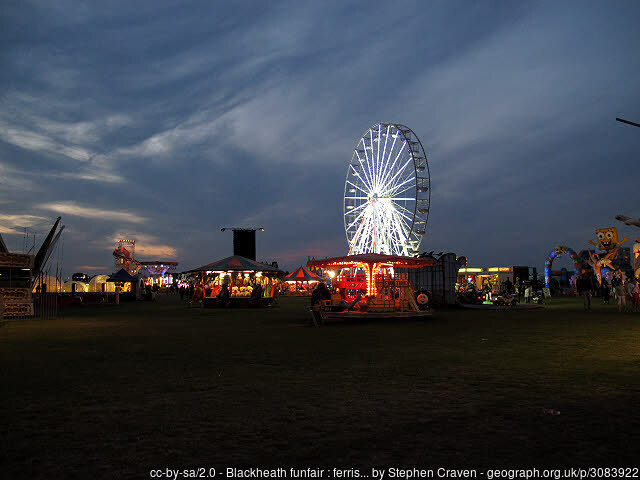Today’s hymn from Sing Praise is “Now as the evening shadows fall”. The words are a paraphrase by the 20th century composer Michael Forster of an ancient text, the medieval Compline hymn usually rendered in English as “Before the ending of the day”. Compline was the last of the monastic prayer times and so the psalms, prayers and hymns that are regularly used in the service are intended to help us put ourselves right with God and relax into his presence as we go to bed. Forster’s paraphrase is a comforting one, asking God to help us to trust his grace, and to find “in sleep’s release, bodily rest and inner peace”.
What it is missing is the edginess of the older translations where the darkness of night is seen as the domain of the evil one, from whom we need protection: the words of verse two “Help us to find in sleep’s release, bodily rest and inner peace; may the darkness of the night refresh our eyes for morning light” is a far cry from the traditional rendering “From evil dreams defend our sight, from fears and terrors of the night; tread under foot our ghostly foe, that no pollution we may know”. The Latin originals (there is more than one version) are even starker, one of them referring to ‘phantasms’ and asking ‘ne polluantur corpora’ – let not my body be polluted.

The tune is called Blackheath, which is an area of London close to where I used to live. I have happy memories of evenings on the heath, whether sitting on the grass in summer with a pint of beer in a plastic tumbler from one of the pubs along the edge of the heath, watching fireworks, or during the 2012 London Olympics, with hundreds of other people sitting on deckchairs watching the action on a big screen. But I’ve chosen this image of Blackheath in the evening with a funfair. People go on funfair rides to scare themselves, or at least work up excitement (these rides of a travelling fair aren’t as scary as those in a permanent attraction such as Alton Towers). But the fun is perhaps more about coming off the rides at the end of the evening, celebrating having survived the scary experience (maybe with that drink from the bar) and going home happy.
Perhaps that is what Compline is about: we bring to God our excitement, the emotional rollercoaster of the day and sometimes maybe even fear of what the night or the next day might bring, and ask him to take those from us so that we can relax into him and into sleep. At the end of this translation are the lines “Grant us the faith that sets us free to praise you for eternity”. Amen.